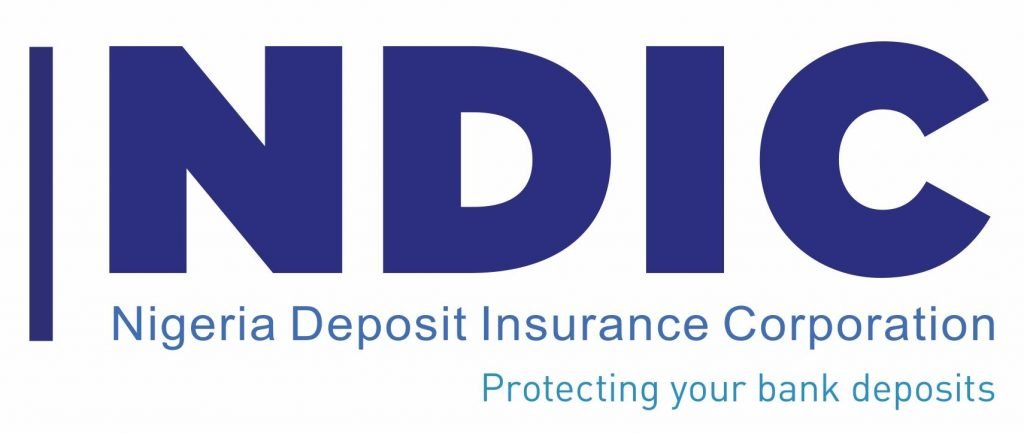The Nigeria Deposit Insurance Corporation (NDIC) orchestrated a financial literacy campaign at Osadennis Mixed Secondary School in Asaba, Delta State, focusing on educating students about responsible financial practices and cautioning them against the allure of internet fraud, often referred to as “Yahoo Yahoo.” The event, held in observance of the 2025 Financial Literacy Day, underscored the importance of sound financial decision-making, especially in the context of a rapidly evolving economic landscape. Mrs. Patricia Okosu, the Benin Zonal Controller of NDIC, spearheaded the campaign, emphasizing the dangers of the “get-rich-quick” mentality that often ensnares young people. She stressed the detrimental impact of cybercrime and other illicit financial activities on personal and societal progress, advocating for a value system grounded in hard work and ethical financial practices.
The NDIC’s financial literacy initiative is a cornerstone of its corporate social responsibility, reflecting a commitment to empowering the next generation with essential financial skills. Mrs. Okosu highlighted the importance of distinguishing between needs and wants, a fundamental principle of financial management. She also stressed the need for students to understand the key policies and operations of the Central Bank of Nigeria (CBN), including electronic transactions, equipping them to navigate the complexities of the modern financial system. The theme of the event, “Think Before You Follow, Wise Money Tomorrow,” encapsulates the essence of the NDIC’s message, urging students to make informed financial choices that will contribute to their long-term financial well-being.
Mrs. Okosu further elaborated on the role of the NDIC within the Nigerian financial system, emphasizing its collaborative relationship with the CBN and the Federal Ministry of Finance. She explained that the NDIC, as a government agency jointly owned by the CBN and the Ministry of Finance in a 60-40 ratio, works in tandem with the CBN to oversee and regulate the banking sector. This collaborative approach aims to ensure the safety and stability of the financial system, protecting depositors’ funds, maintaining monetary stability, and facilitating an efficient payment system. The NDIC’s proactive engagement with students underscores its dedication to nurturing financial responsibility from a young age, contributing to a more financially stable and informed citizenry.
The Delta State Commissioner for Secondary Education, Mrs. Rose Ezewu, represented at the event by Mrs. Justina Ishalaa, a Deputy Director in the ministry, commended the NDIC’s efforts in promoting financial literacy among students. She acknowledged the alignment of the NDIC’s initiative with the state government’s commitment to equipping students with the necessary knowledge and skills to navigate the complexities of today’s economy. Mrs. Ezewu encouraged students to actively participate in the financial literacy program, recognizing the valuable opportunity to learn from financial experts and gain practical insights into responsible money management. She reiterated the significance of the Financial Literacy Day theme, particularly its emphasis on prudent financial decision-making among youth, recognizing their role in shaping the future economic landscape.
The event served as a platform to emphasize the crucial role of financial education in fostering a generation that is financially responsible and economically aware. By targeting students at a young age, the NDIC aims to instill sound financial principles that will guide their financial decisions throughout their lives. The focus on avoiding internet fraud further reinforces the importance of ethical financial behavior, emphasizing the long-term benefits of building financial security through legitimate means. The collaborative approach between the NDIC, the state government, and educational institutions demonstrates a shared commitment to nurturing financial literacy as a crucial component of youth development.
The NDIC’s commitment to financial literacy education extends beyond simply imparting knowledge about financial concepts. It aims to cultivate a mindset of responsible financial behavior, empowering students to make informed decisions, avoid financial pitfalls, and build a secure financial future. By highlighting the dangers of “get-rich-quick” schemes and emphasizing the importance of hard work, ethical practices, and long-term financial planning, the NDIC is playing a pivotal role in shaping a generation that is financially savvy, responsible, and resilient. This proactive approach to financial education is not only beneficial to individual students but also contributes to the overall health and stability of the Nigerian economy.














